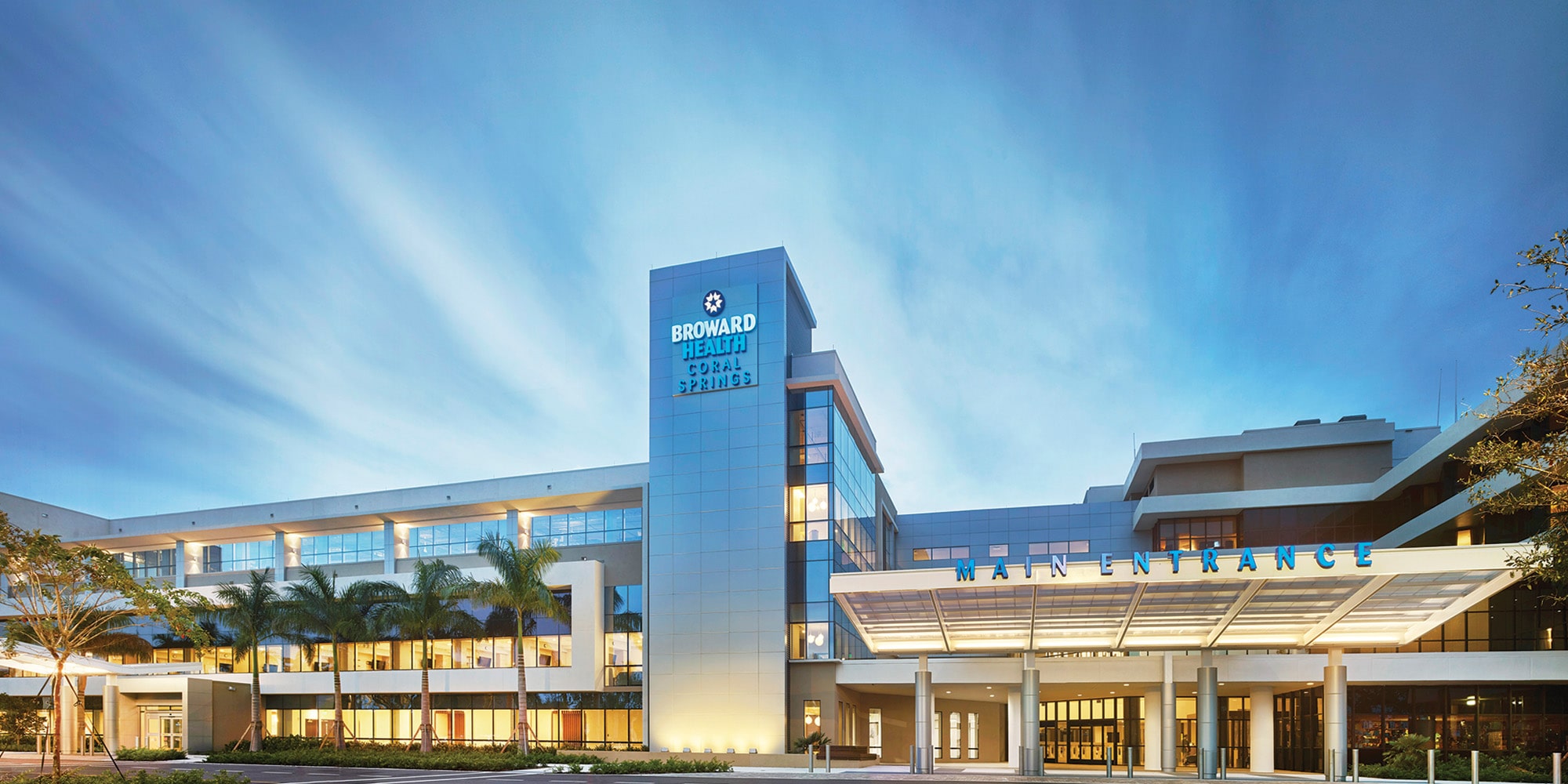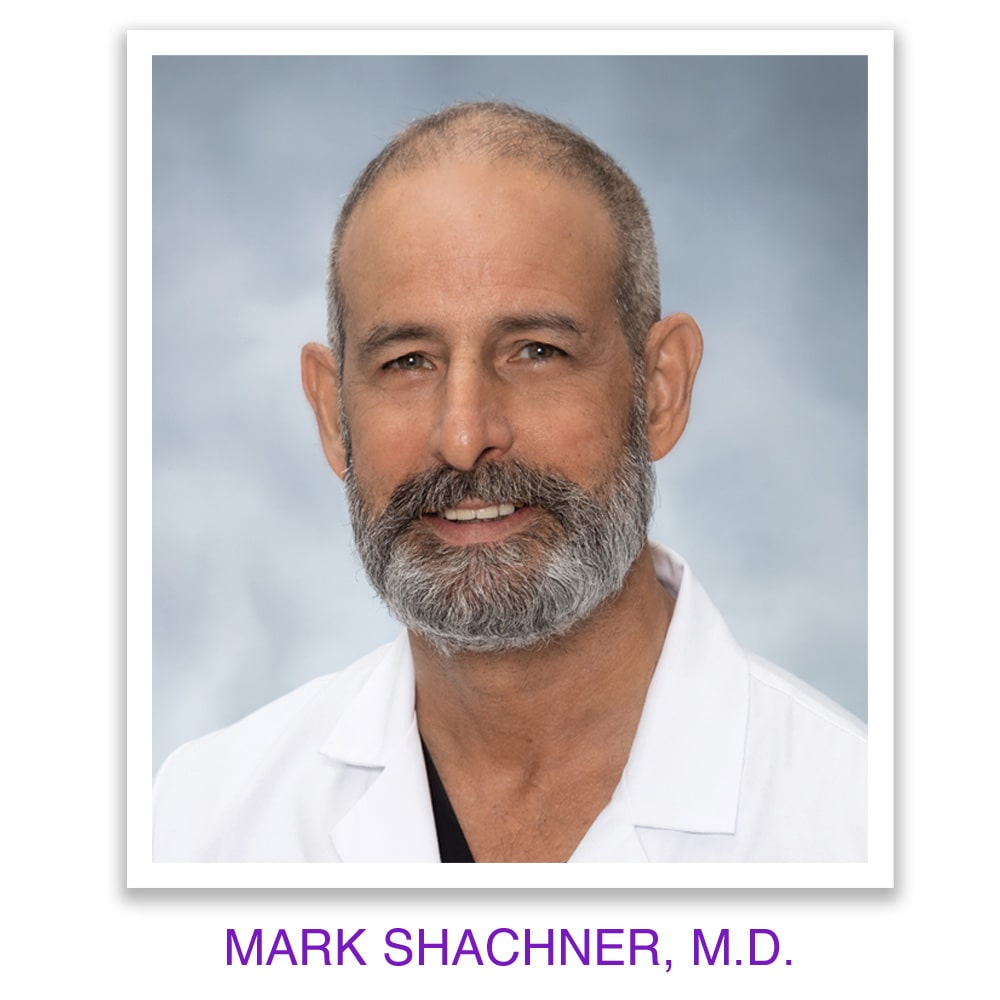Every day, approximately 15 million Americans experience the burning discomfort of heartburn. Although it’s a common ailment, it doesn’t mean it’s harmless.
Heartburn, or acid reflux, can result from overindulging in certain foods or beverages. Frequent heartburn is commonly the result of gastroesophageal reflux disease (GERD).
Lifestyle changes like eating smaller meals, losing weight and not lying flat may help manage the discomfort. Medication may relieve symptoms, but long-term use may not be ideal. In fact, recent research found that taking a common type of acid reflux drug known as proton pump inhibitors for more than 4.4 years is associated with a 33% greater likelihood of developing dementia for people aged 45 and older.
When to Seek Help
Mark Shachner, M.D., medical director of the Heartburn Center at Broward Health Coral Springs, recommends that heartburn sufferers see a doctor if they’re experiencing it multiple times a week, especially if they also have pain or difficulty swallowing, an early sign of esophageal cancer.
“We don’t want to mask the symptoms, we want to fix the problem,” Dr. Shachner said. “GERD may start with heartburn, but it can potentially lead to more severe issues including damage to the esophagus.”
What is GERD?
GERD is caused by a weakening of the lower esophageal sphincter (LES), which acts like a valve between the stomach and esophagus. When this weakens the diaphragm where the esophagus passes through, it can cause a hiatal hernial.
Barrett’s esophagus, a condition in which the esophageal lining is damaged by acid reflux, can be a complication of GERD and increases the risk of esophageal cancer.
Identifying the Problem
Fortunately, there are numerous tests to identify what’s causing heartburn and the extent of the damage.
Endoscopy is a minimally invasive procedure in which a long, thin tube with a camera is inserted down the esophagus, enabling doctors to visually examine the upper gastrointestinal tract.
In addition, the Heartburn Center offers EndoFLIP, a potential alternative to manometry, which more comfortably measures the function and tightness of the LES valve. Bravo pH monitoring tests measure pH levels in the esophagus.
“With these three tests, I can provide a complete diagnosis in a much shorter period of time and tailor treatment for the individual patient,” Dr. Shachner said.
Advanced Surgical Treatment Options
Advanced surgical treatment options to strengthen the LES valve include magnetic sphincter augmentation, a procedure in which a small but flexible magnetic ring is implanted around the esophagus.
Transoral incisionless fundoplication, or TIF, is an endoscopic procedure performed through the mouth in which the LES can be reconstructed, and hiatal hernias reduced, while the patient is asleep. Hiatal hernias can also be repaired with robotic surgery.
For Barrett’s esophagus, ablation procedures can destroy damaged cells, after which patients are closely monitored to identify and treat any new developments as early as possible.
Here for the Long Haul
Dr. Shachner and the caregivers at the Heartburn Center focus on their patients’ long-term outcomes and participate in a multi-institutional study that monitors patients to identify what treatments provide the best results and quality of life for patients. The center is currently enrolling patients to participate in both national and local surgical outcome studies.
The Heartburn Center at Broward Health Coral Springs is the only hospital-based Heartburn Center in Broward County. It offers advanced diagnostics and surgical treatments for a wide variety of conditions that cause heartburn to eliminate discomfort and treat the cause as well as the symptom. To learn more, call 954-227-GERD (4373) or visit www.BrowardHealth.org/Heartburn.


